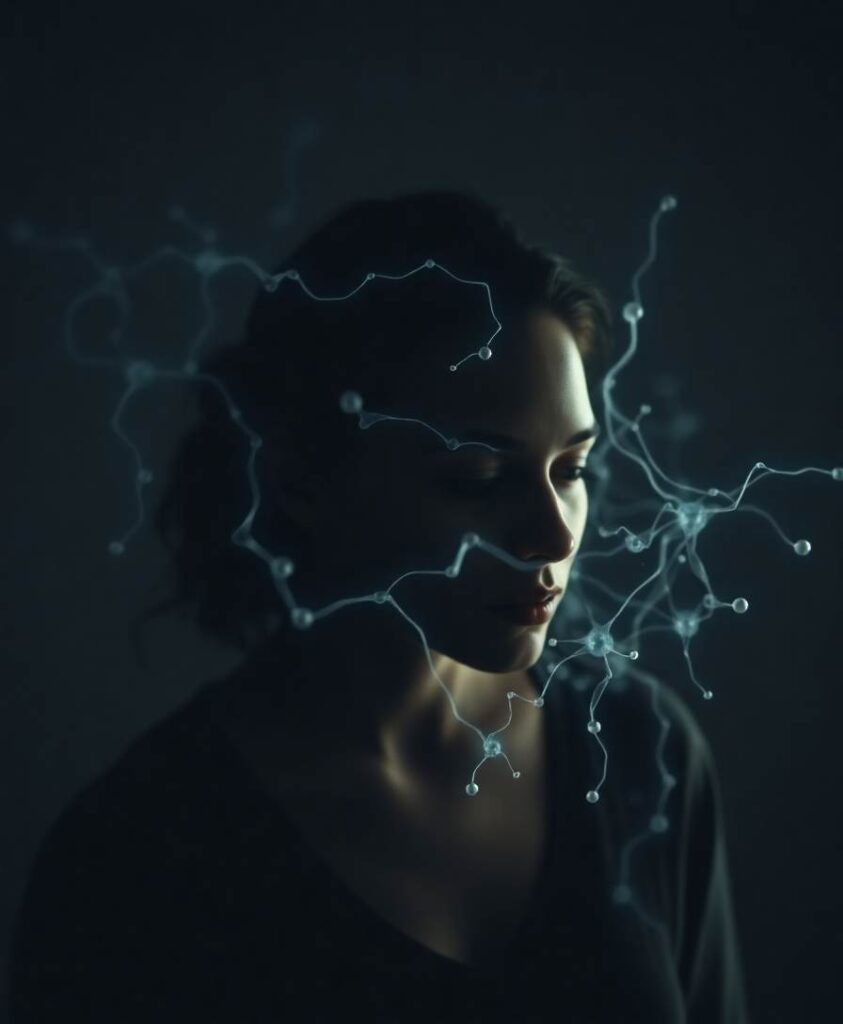Depression touches nearly every family, yet remains deeply misunderstood. As neuroscientists, we recognize mental health challenges as complex biological processes—not simple emotional states. Our brain’s intricate neural networks can become disrupted by biochemical shifts, genetic predispositions, and environmental stressors.
Understanding depression requires compassionate scientific insight. Modern neuroimaging techniques reveal how depression manifests as tangible changes in brain connectivity, challenging outdated stigmas that once dismissed mental health challenges as personal weakness. By recognizing depression as a treatable neurological condition, we empower individuals to seek supportive interventions that restore neural balance and psychological wellness.

Dr. Small’s research offers critical guidance for recognizing subtle depression symptoms and accessing effective treatments. By demystifying these neurological experiences, we create pathways for healing that respect individual human complexity. Each person’s journey through mental health challenges is unique—and understanding provides the first crucial step toward comprehensive support and recovery.
Depression is becoming an increasingly common mental health problem in the U.S. Nearly 30% of Americans will experience depression at some point in their lives, yet only about half ever seek treatment. Dr. Gary Small, a brain health expert and chair of psychiatry at the…


